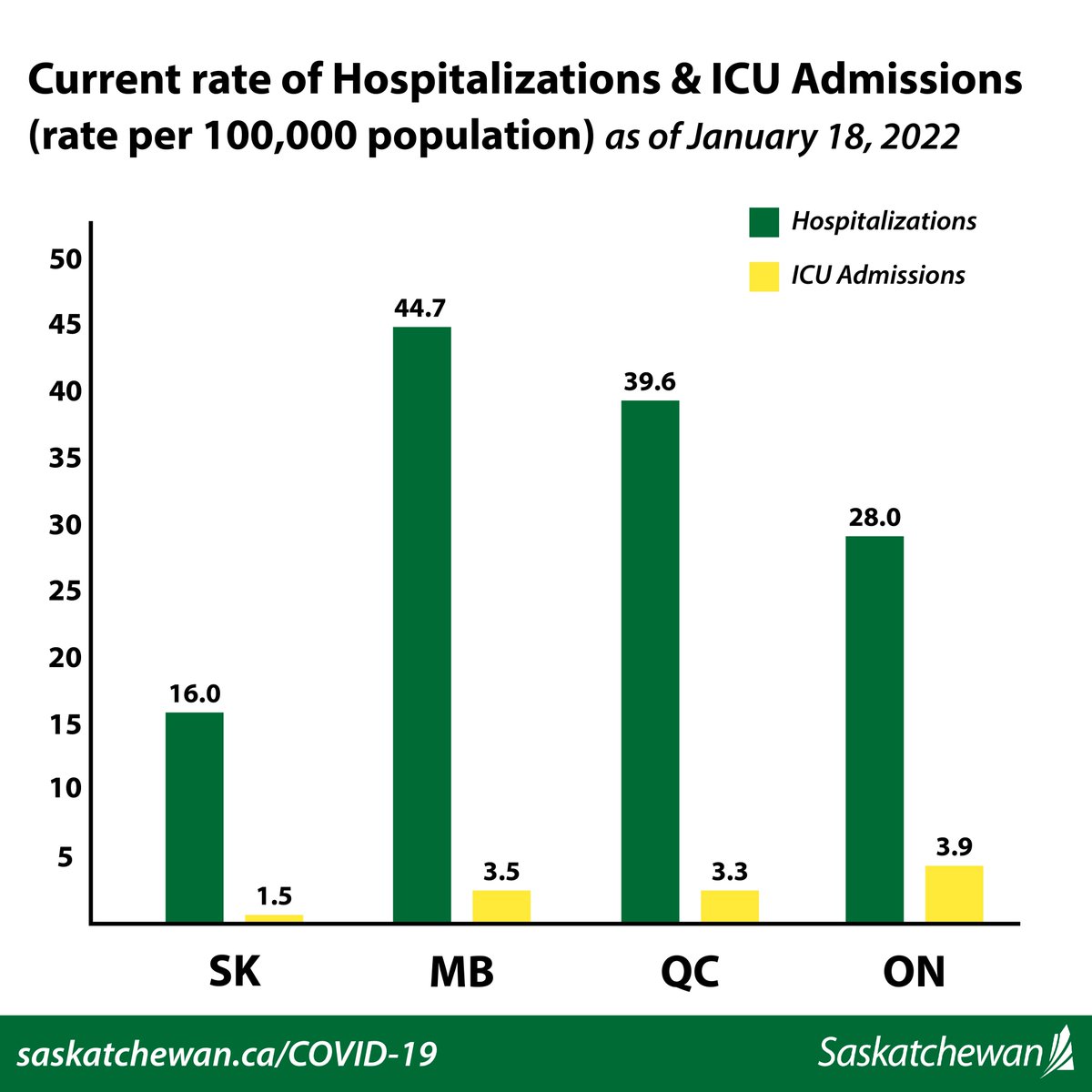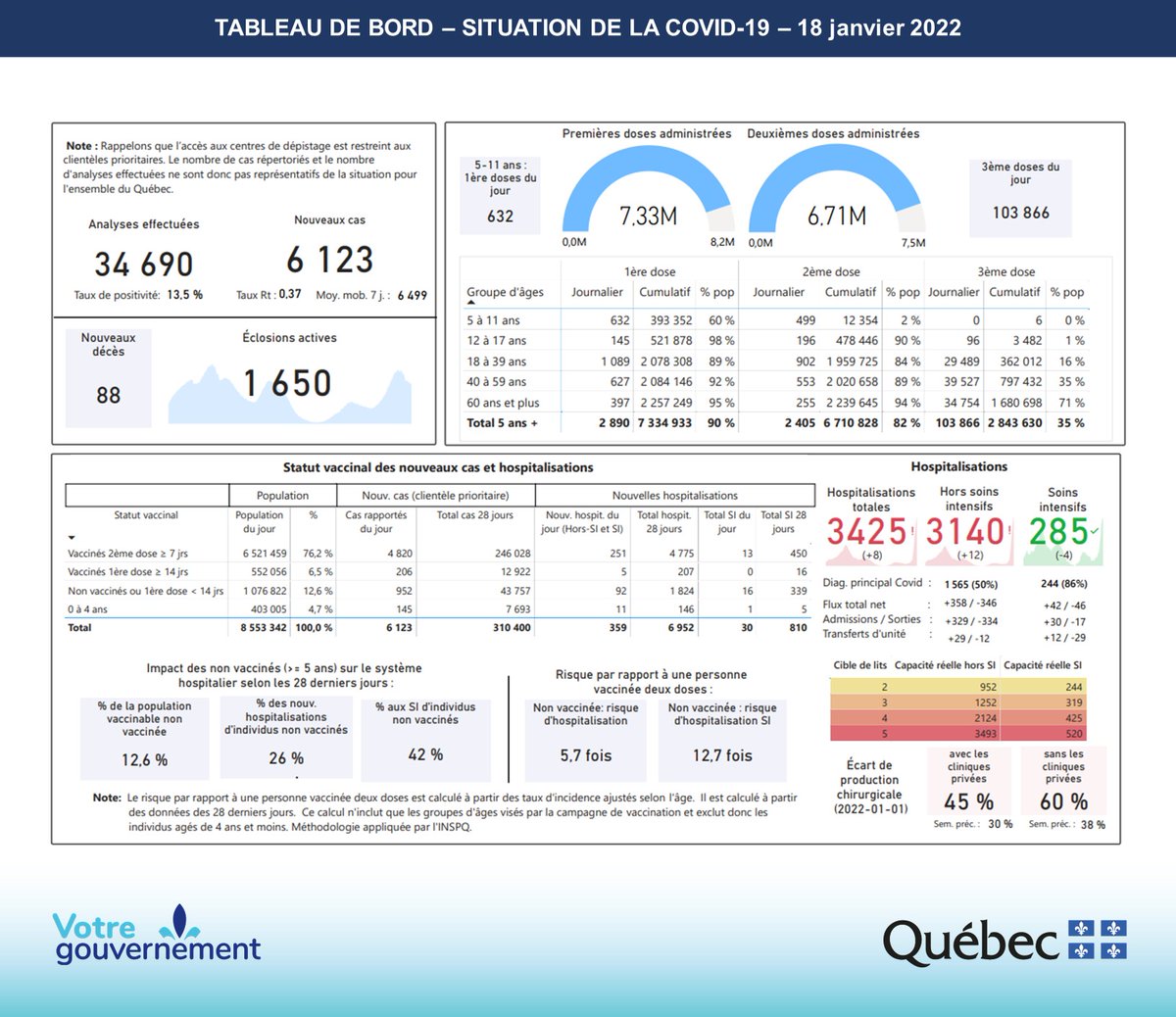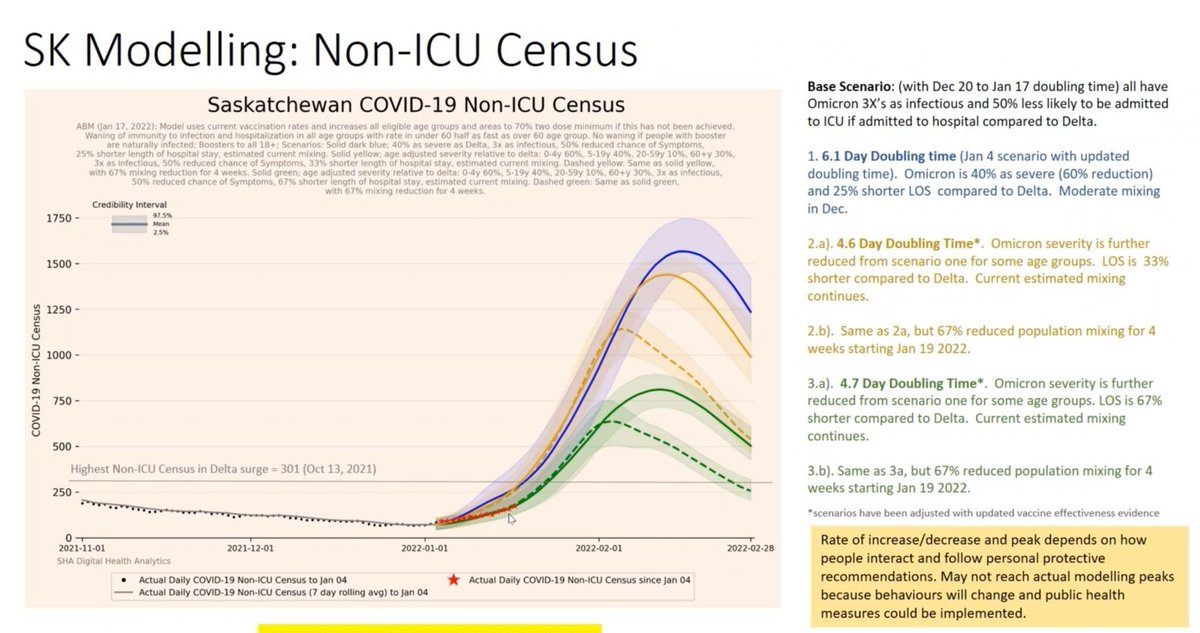
"Hi Alex. I have #COVID19 infection. Should I try to get Paxlovid? What is it? Will it help me?"
Short answer: YES, you should.
BUT, there's LOT of things to know about it, and your eligibility for it will depend on where you live + many other things, too.
Explainer 🧵. /1
Short answer: YES, you should.
BUT, there's LOT of things to know about it, and your eligibility for it will depend on where you live + many other things, too.
Explainer 🧵. /1
Paxlovid's generic name is nermatrelvir/ritonavir. It's a combination of 3 pills taken twice daily for 5 days.
Nermatrelvir is a "protease inhibitor". It works by blocking an enzyme ("protease") that the virus needs to manufacture new copies of itself. /2
Nermatrelvir is a "protease inhibitor". It works by blocking an enzyme ("protease") that the virus needs to manufacture new copies of itself. /2
In this situation, Ritonavir acts as what we call a "booster drug".
It inactivates an enzyme in our bodies called CYP3A4 that plays an important role in metabolizing and removing many medications from our bodies.
This allows nermatrelvir to exist longer in our bodies. /3
It inactivates an enzyme in our bodies called CYP3A4 that plays an important role in metabolizing and removing many medications from our bodies.
This allows nermatrelvir to exist longer in our bodies. /3
Ritonavir has inherent anti-viral properties. It's also a protease inhibitor. But in this situation, it's primary function is to "boost" the levels of nermatrelvir in our bodies so that viral replication can be slowed down. /4
The key clinical trial showing efficacy of Paxlovid is EPIC-HR.
In it, 2246 outpatients w/ COVID-19 infection were randomized to receive either Paxlovid or placebo for 5 days.
Persons were unvaccinated w/ risk factors for severe infection, & within 5 days of symptom onset. /5
In it, 2246 outpatients w/ COVID-19 infection were randomized to receive either Paxlovid or placebo for 5 days.
Persons were unvaccinated w/ risk factors for severe infection, & within 5 days of symptom onset. /5
The primary end point of the study was hospitalization or death at day 28 of the study.
The group who received treatment had an ~89% reduction in hospitalization & death compared to the placebo group. /6
The group who received treatment had an ~89% reduction in hospitalization & death compared to the placebo group. /6
All 12 deaths in EPIC-HR occurred in the placebo arms.
No significant increase in drug-related adverse effects was seen for persons taking Paxlovid versus placebo.
Unfortunately, complete results remain unavailable for review via pre-print or peer-reviewed publication. /7
No significant increase in drug-related adverse effects was seen for persons taking Paxlovid versus placebo.
Unfortunately, complete results remain unavailable for review via pre-print or peer-reviewed publication. /7
A 2nd study, EPIC-SR, included 991 outpatients (either unvaccinated OR vaccinated with 1+risk factors for severe infection).
Interim analysis via press release showed persons who received Paxlovid had a 1.7% absolute reduction in hospitalization vs placebo (0.7% vs 2.4%). /8
Interim analysis via press release showed persons who received Paxlovid had a 1.7% absolute reduction in hospitalization vs placebo (0.7% vs 2.4%). /8
This absolute reduction in hospitalization via interim analysis in EPIC-SR was NOT statistically significant.
No deaths were reported in the interim analysis.
Here's the press release, for reference. Again, no published data exists yet. /9
pfizer.com/news/press-rel…
No deaths were reported in the interim analysis.
Here's the press release, for reference. Again, no published data exists yet. /9
pfizer.com/news/press-rel…
Paxlovid should be administered AS QUICKLY AS POSSIBLE following COVID-19 diagnosis, and within 5 days of symptom onset.
This is a critical point. Don't wait to find out whether you're eligible. Call immediately! /10
This is a critical point. Don't wait to find out whether you're eligible. Call immediately! /10
Paxlovid has the potential for drug-drug interactions, because of how CYP3A4 is affected in your body. Pharmacist review is highly recommended.
Common interactions include blood thinners like warfarin, certain seizure medications, statins, HIV & TB medications, etc. /11
Common interactions include blood thinners like warfarin, certain seizure medications, statins, HIV & TB medications, etc. /11
I've attached the eligibility criteria for *Saskatchewan* below. You MUST be within 5 days of symptom onset.
Different criteria for those fully vaccinated (2 doses) vs. not.
If you're fully vaccinated, you're only eligible if you are immunocompromised - see criteria. /12
Different criteria for those fully vaccinated (2 doses) vs. not.
If you're fully vaccinated, you're only eligible if you are immunocompromised - see criteria. /12

There are also clinical criteria here in Saskatchewan that exclude you from receiving Paxlovid.
Key ones: previous #COVID19 infection, need for hospitalization, active liver disease, severe kidney disease, pregnant or breastfeeding.
See full list below. /13
Key ones: previous #COVID19 infection, need for hospitalization, active liver disease, severe kidney disease, pregnant or breastfeeding.
See full list below. /13

Here's a nice summary of how you access Paxlovid in Saskatchewan. Most people will either call their doctor OR 811. There's a standard referral form that's completed, and you go from there.
If you're not eligible for Paxlovid, you may be eligible for sotrovimab (IV therapy). /14
If you're not eligible for Paxlovid, you may be eligible for sotrovimab (IV therapy). /14

In summary, if you're NOT fully vaccinated OR if you're fully vaccinated WITH certain high-risk conditions, Paxlovid CAN help to keep you from getting sicker and needing hospital/ICU.
Please call 811 or your doctor ASAP after you test positive via RAT/PCR.
Be safe, #SK.
/end
Please call 811 or your doctor ASAP after you test positive via RAT/PCR.
Be safe, #SK.
/end
• • •
Missing some Tweet in this thread? You can try to
force a refresh










